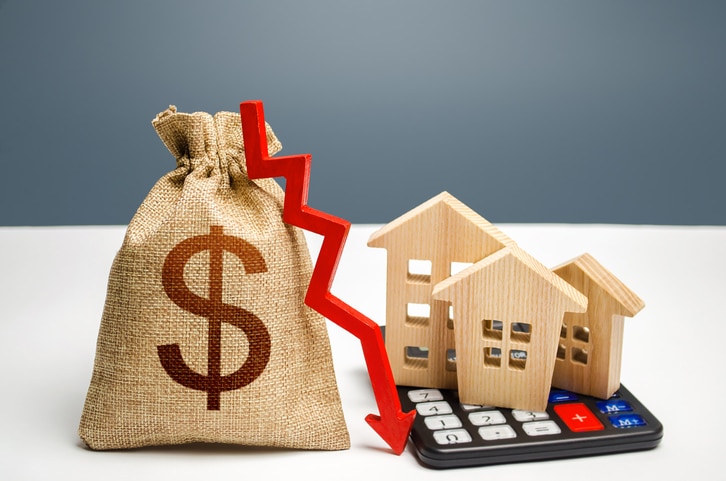Fewer investors are putting their money into residential real estate, according to new data from Redfin (NASDAQ:RDFN).
During the second quarter, Redfin determined that investor home purchases were down 45% from one year ago – in comparison, overall home sales were down 31% for the same period. This is the greatest decline in investor sales activity since 2008.
Real estate investors bought roughly 50,000 homes in the second quarter, Redfin added, the fewest of any second quarter in seven years not counting the start of the pandemic. Redfin culled its data from 39 of the most populous U.S. metro areas.
In some markets, the decline was more severe – Las Vegas, Jacksonville and Phoenix each recorded 65% year-over-year downturns. Dollarwise, investors bought a total of $36.4 billion worth of homes in the second quarter, down 42% from one year earlier but still higher than the $31.9 billion in the pre-pandemic second quarter of 2019. Roughly seven out of every 10 (71%) investor purchases were made in cash in the second quarter, down from 75% in the previous year.
In terms of market share, investors bought 15.6% of homes that were sold in the second quarter, down from 19.7% from one year ago and down from the record high of 20.4% in the beginning of 2022.
“Moving forward, the investors who do come back may be more focused on scooping up rental properties than flipping homes,” said Redfin Senior Economist Sheharyar Bokhari. “All signs point to the rental market remaining relatively strong. Home prices and mortgage rates are high enough to motivate would-be first-time homebuyers to continue renting. The typical U.S. asking rent remains quite high, just $16 shy of its all-time high, so investors who are landlords stand to earn money. Investor purchases of rental properties could be limited by some of them building new properties to rent out, though.”
“Home flippers may be slower to come back,” Bokhari added. “That’s mainly because mortgage rates are unlikely to decline significantly in the short term, which will keep homebuying demand relatively low and discourage flippers. Plus, investors have lower-risk places to park their money right now than real estate, with high yields in the bond market.”



















